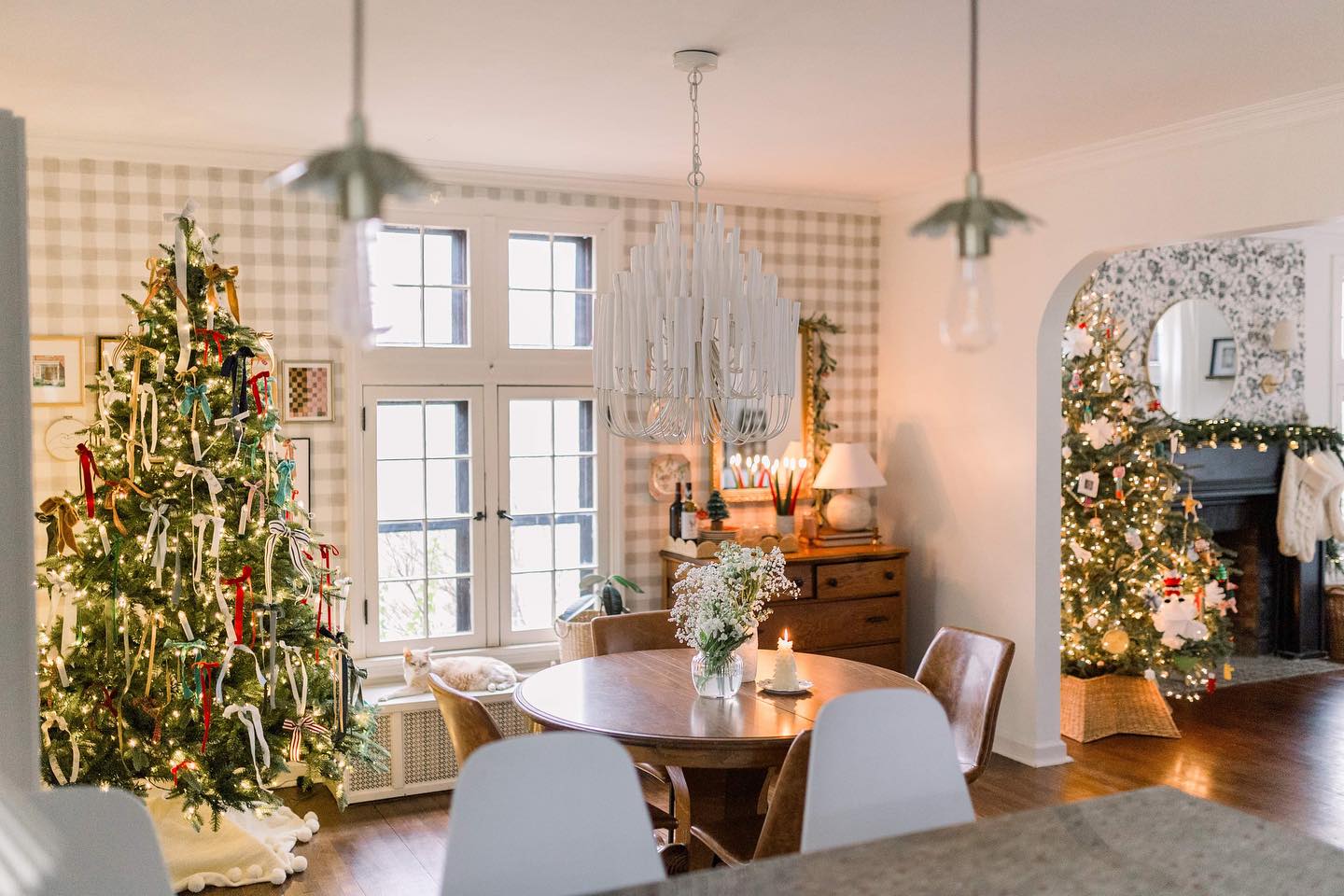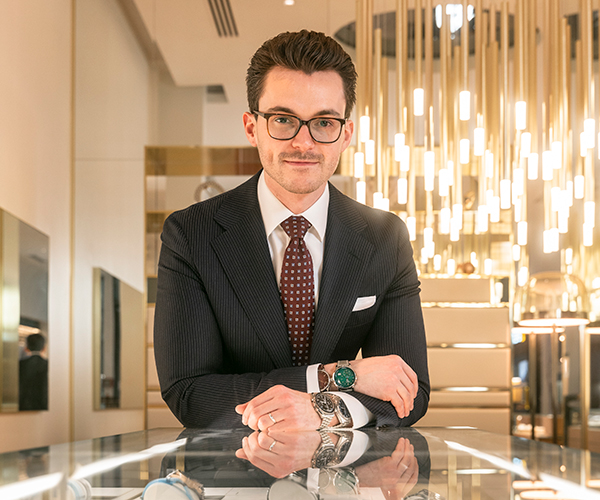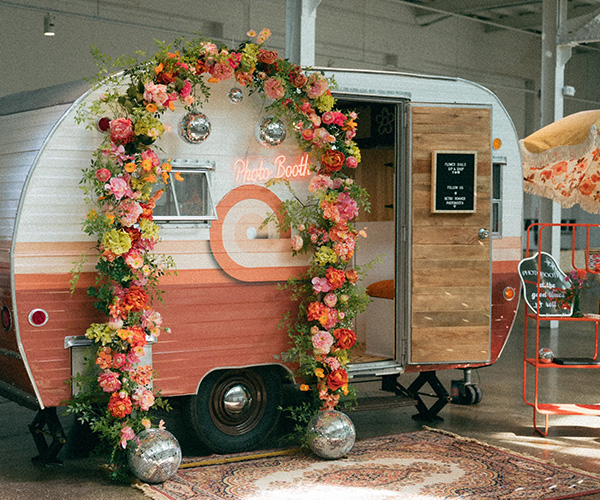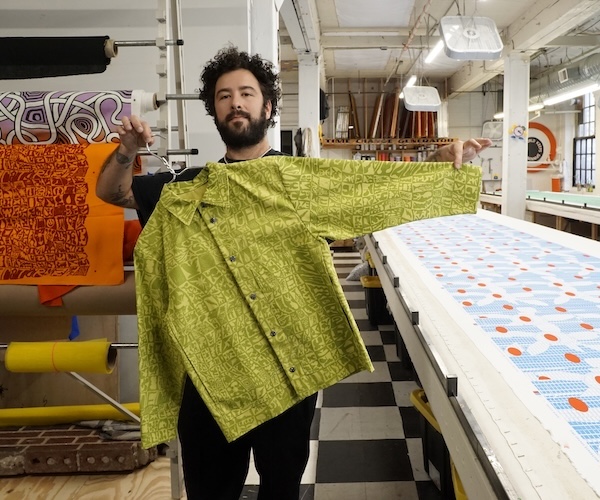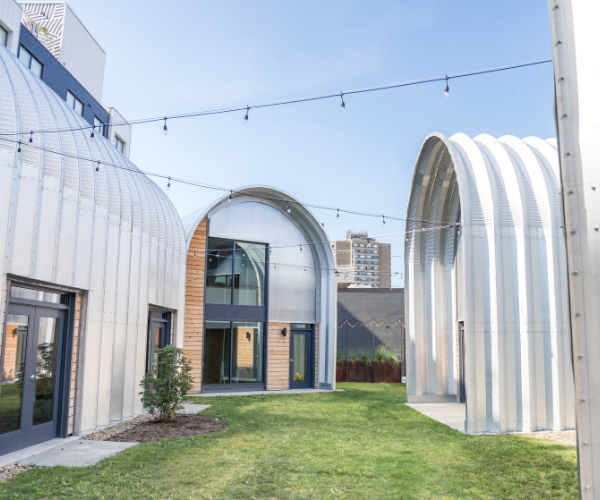Heart of the City
Feb. 25, 2008 | 5:00 AM
The Coral Company’s impact on the world of commercial development began in 1987, when, Coral’s president and CEO, Peter Rubin, decided he wanted to create in-fill retail development shopping centers in mature neighborhoods in the inner city and first- and second-ring suburbs.
In June 1989, The Coral Company broke ground in Strongsville. Strongsville Pointe Shopping Center, a 45,000-square-foot shopping center on Pearl Road and state Route 82, was the company’s first step into commercial development.
It then moved on to Lakewood — the most densely populated city between New York City and Chicago, but one with a lack of retail. Here, Coral began its first redevelopment effort, Lakewood City Center, the conversion of an existing site composed of office, residential and commercial structures into a 67,000-square-foot, stand-alone shopping center.
Coral’s portfolio was growing. At the request of city officials, Coral developed Glenville Towne Center. Considered by Alexis Boothe, vice president of development, to be a “most ambitious redevelopment effort,” this collaboration with the Glenville Development Corp. resulted in a 45,000-square-foot development at East 105th Street and St. Clair Avenue.
After these and many other successful commercial redevelopments, The Coral Company purchased 75-year-old historic Shaker Square in September 2004. Intrigued by the possibility of ownership, Rubin and his team wanted to cultivate the Square based on three core businesses. “We wanted to bring Sergio [referring to restaurateur Sergio Abramof] and Dave’s Supermarket to the Square, as well as retain the Cinema,” he says. These three represented a cross-section of merchandising opportunities, ultimately setting the tone for Shaker Square’s Night and Day theme.
While developing Shaker Square, Coral continued on its path to try to help build the city. It was not only investigating possibilities of creating new developments, but also beginning to earn recognition as the “go-to” company for property management.
Jack Cornachio, president of Coral Asset Management LLC, says, “this division manages all the types of real estate, as well as homeowner and condo associations for outside clientele.”
Statler Arms Apartments, a mixed-use building with retail in its lobby, is one of many properties Coral manages.
Other landmark properties, such as Arbor Park Place, 113 St. Clair, Lee-Harvard Shopping Center and the 1800 Coventry building, are all part of The Coral Company’s management portfolio. Coral’s client list reads like a who’s who of prominent Cleveland-area developers, including Forest City Enterprises, Burten Bell Carr Development Inc., National City Community Development Corp., as well as others from outside of the Cleveland area.
“We are successful in building trust with our clients and have developed deep associations with those in decision-making positions,” Cornachio acknowledges, explaining the company’s management successes. While building its management portfolio, The Coral Company continues to investigate development opportunities. University Heights and South Euclid were contemplating the revitalization of Cedar Center. Once a premier destination, it wore signs of disrepair and decay. The Coral Company brought Whole Foods Market, the world’s leading retailer of natural and organic foods, to the center, which quickly enhanced its reputation.
“If you look at a map of the eastern suburbs, Cedar Center is the center of that area. The access to not only affluent but highly educated demographics is phenomenal here. Whole Foods knew they wanted to be at this intersection,” says Boothe.
Whole Foods Market required parking, but creating sufficient street-level parking was impossible. Coral worked with Whole Foods to develop rooftop parking, which made it even more attractive for Whole Foods Market to come to Cleveland.
The Coral Company then relocated its offices to Cedar Center, and bid on redeveloping the north side of Cedar Center in South Euclid, ultimately winning the contract. Today, Coral is in the initial stages of developing a $70 million, 240,000-square-foot, mixed-use property (integrated retail, office and residential space). Soon, the original Cedar Center district will join the list of Cleveland’s transformed spaces, engaging us as surely as The Coral Company’s other projects have. And one day we will wonder —wasn’t it like this all along?

